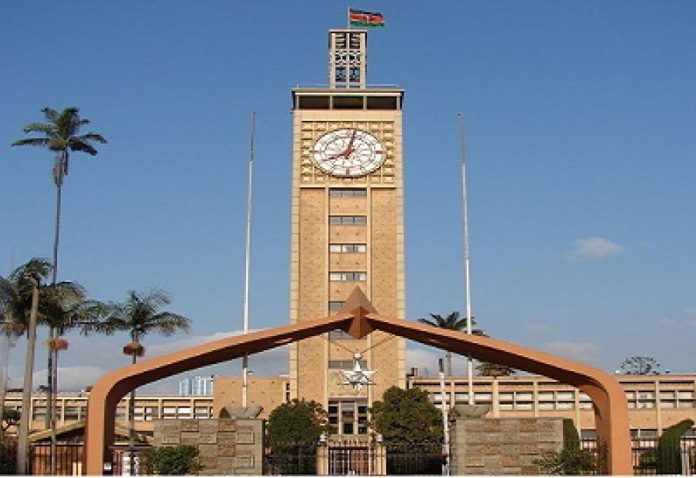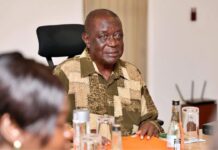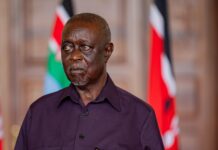The hearing of a case filed by activists contesting the constitutionality of the National Government Constituency Development Fund (NG-CDF) was halted after one of the judges recused himself.
This occurred as the court barred numerous organizations of university and college students from joining in the complaint as interested parties, citing arguments that they had a stake in the issue since they are CDF kitty benefactors.
The petition, brought in 2016 by activists Wanjiru Gikonyo and Cornelius Oduor Opuot, was set to be heard by a three-judge panel consisting of Justices Kanyi Kimondo, Jairus Ngaah, and Roselyne Aburili. The issue concerns the validity of the 2015 NG-CDF Act.
However, National Assembly advocates led by Peter Kaluma and Dr Otiende Amollo drove Justice Ngaah from the bench, claiming that he was most likely to be prejudiced.
As a result, the hearing was adjourned, and the matter was forwarded to the Chief Justice for bench reconfiguration.
According to the advocates, the judge served on another bench that ruled last year that the original Act, the CDF Act 2013, was unconstitutional due to MPs’ refusal to include the Senate during the legislation.
According to the activists, the 2015 Act is unconstitutional for a variety of reasons, including the non-involvement of the Senate, which is also a party to the litigation.
“We request that Justice Ngaah disqualify himself from hearing and ruling on the validity of the NGCDF Act 2015.”
Justice Ngaah was a member of a previous bench that decided on the contested Act. This case puts the National Assembly at risk of predetermination. Alternatively, it may summon the judge to examine his judgment in secret,” Mr Kaluma explained.
He further stated that one of the defendants was represented by the judge’s old legal firm, Naikuni Ngaah & Miencha Co. Advocates.
Mr Kaluma stated that even though the judge left the business in 2005, his name still remains there, and if the judge makes a judgement in favour of the defendant represented by the firm, it may be interpreted that he is favouring it.



















